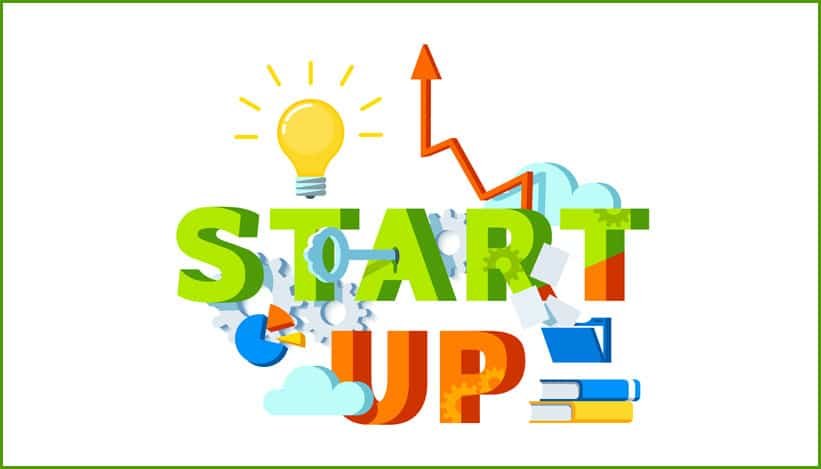Download Water Resources Engineering Exam Past Paper
Water is one of the most essential resources for human survival and industrial growth. However, its uneven distribution, overuse, and climate change have made water management a global challenge. This is where Water Resources Engineering comes in. It is a specialized branch of civil engineering focused on the planning, development, and management of water systems to ensure sustainable use for people, industries, and the environment.
Download Link
Water-Resources-Engineering-Exam-Past-Paper-Mpya-news
What Is Water Resources Engineering?
Water Resources Engineering deals with the study and application of engineering principles to control, utilize, and conserve water resources. It combines hydrology, hydraulics, environmental science, and infrastructure design to develop systems that provide clean water, protect against floods, and generate power.
Core Areas of Water Resources Engineering
-
Hydrology
-
The study of the water cycle, including rainfall, evaporation, infiltration, and runoff.
-
Essential for predicting water availability and designing storage systems.
-
-
Water Supply Systems
-
Designing reservoirs, treatment plants, and pipelines to deliver safe drinking water.
-
-
Irrigation Engineering
-
Development of canals, dams, and sprinkler systems for agricultural productivity.
-
-
Flood Control and Drainage
-
Designing levees, stormwater systems, and dams to minimize flood damage.
-
-
Hydropower Development
-
Using dams and turbines to generate renewable energy from flowing water.
-
-
Wastewater Management
-
Treatment of sewage and industrial waste to protect rivers, lakes, and groundwater.
-
Importance of Water Resources Engineering
-
Sustainability: Ensures that water resources are used without depleting future supplies.
-
Public Health: Provides clean drinking water and effective wastewater treatment.
-
Agriculture: Supports irrigation for food production, especially in dry regions.
-
Economic Growth: Enables hydropower and industrial water supply.
-
Disaster Mitigation: Reduces risks associated with floods and droughts.
Applications in Modern Society
-
Urban Water Supply: City-wide distribution networks ensuring constant access to safe water.
-
Drought Management: Designing storage systems and efficient irrigation techniques.
-
Renewable Energy: Hydropower plants that reduce reliance on fossil fuels.
-
Climate Resilience: Engineering systems that adapt to rising sea levels and unpredictable rainfall.
Future Trends
The future of water resources engineering will focus heavily on sustainability and smart technology. Engineers are now integrating GIS (Geographic Information Systems), IoT sensors, and AI models to monitor water use, predict floods, and optimize irrigation. Desalination and water recycling technologies are also gaining traction as solutions to global water scarcity.
Conclusion
Water Resources Engineering plays a vital role in ensuring humanity’s survival and prosperity. By balancing development with sustainability, engineers create systems that provide clean water, support agriculture, generate energy, and protect communities from water-related disasters. As climate change intensifies, this field will remain at the center of global solutions for managing Earth’s most precious resource.

